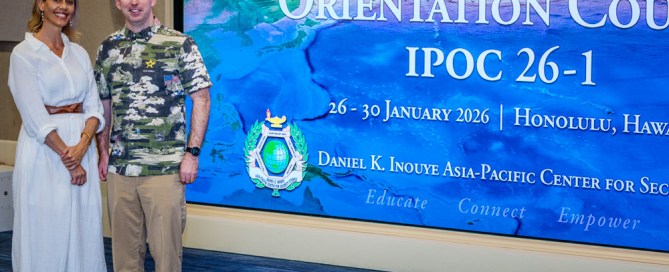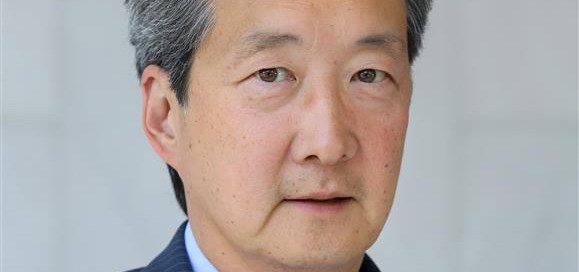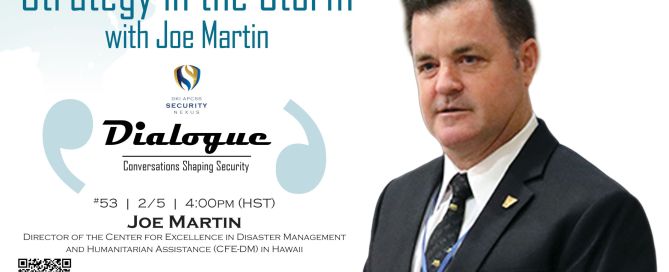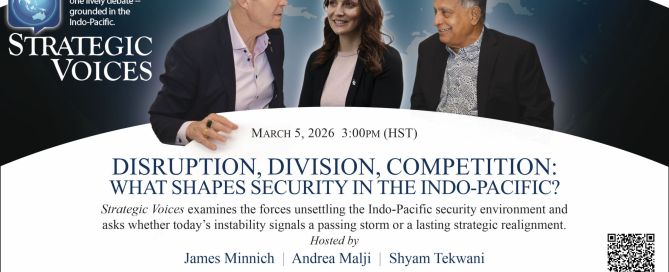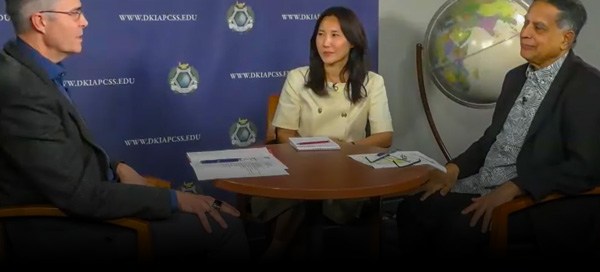US-China Relations
Dr. Sungmin Cho has a new paper published by the Pacific Forum entitled "The New US Diplomacy with China: ‘Keep Your Promises’ " In his article, Cho discusses the idea of creating political division within China and its potential [...]




